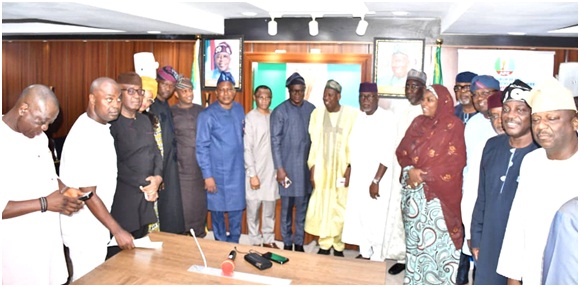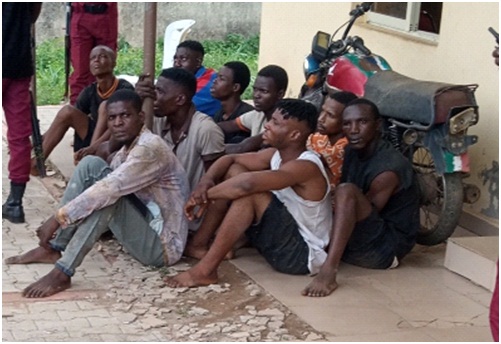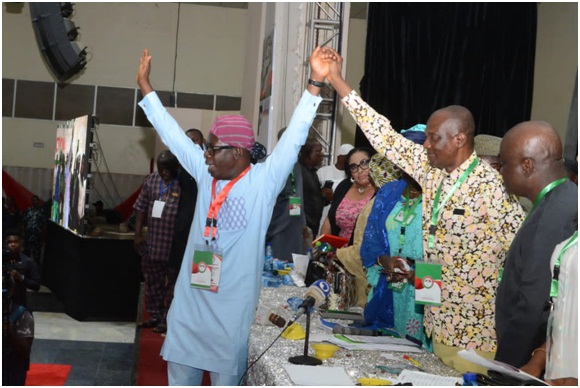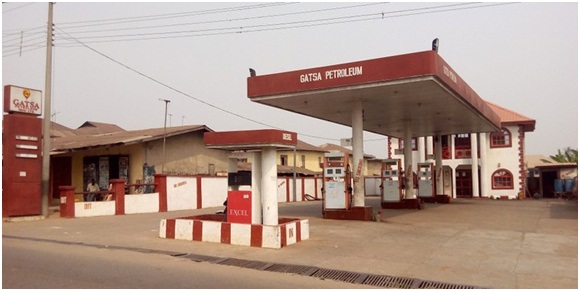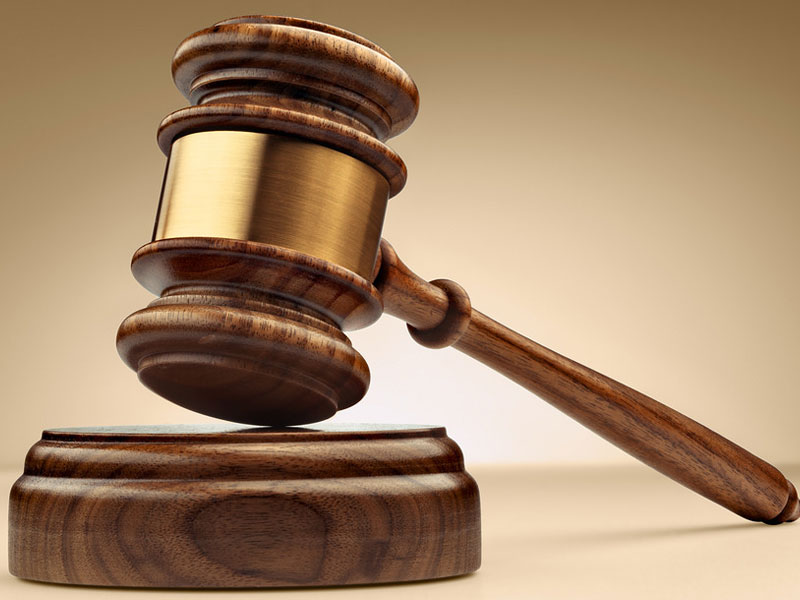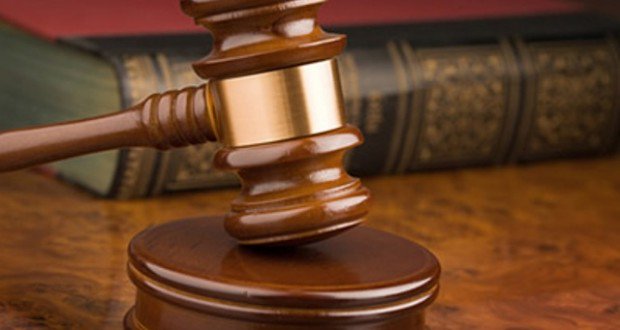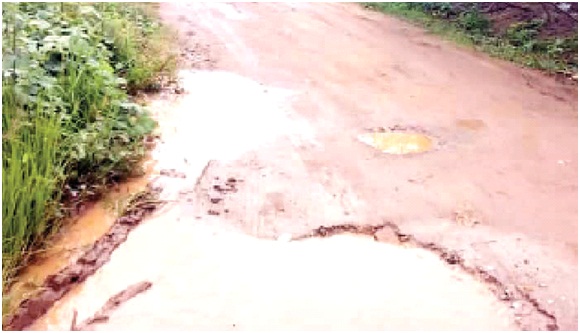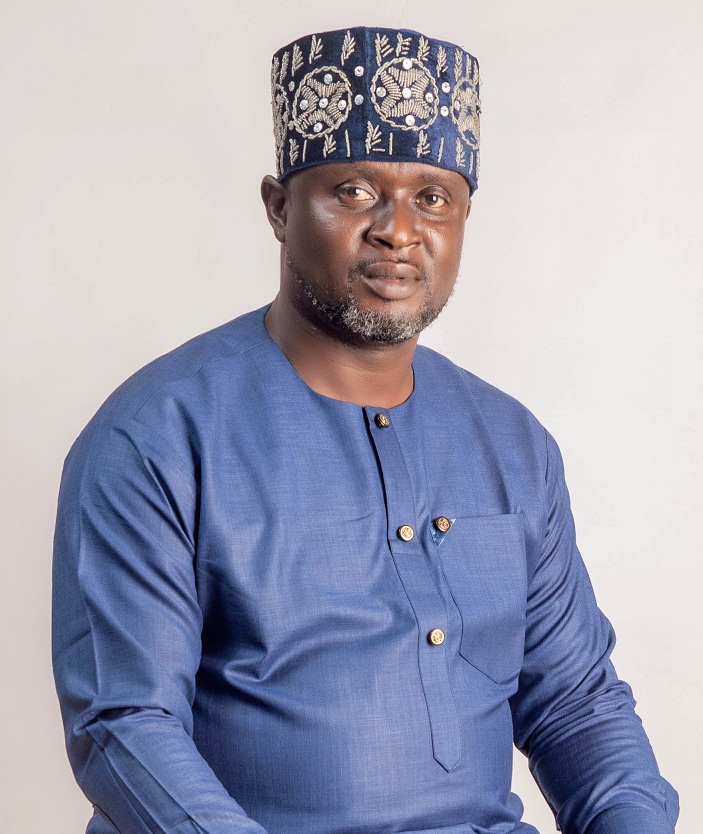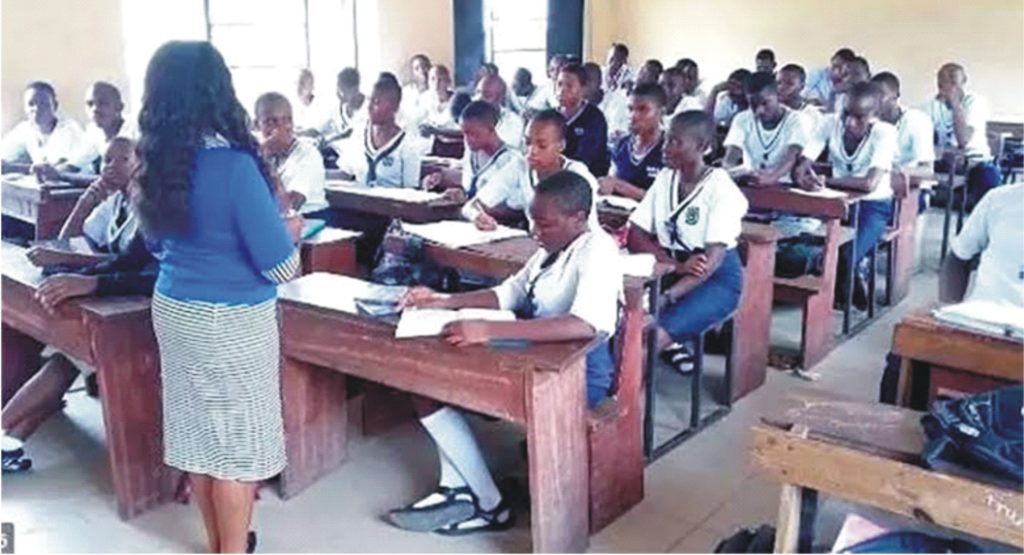Can an illiberal political class usher in a social democracy?
Can an illiberal political class usher in a social democracy?
By Dapo Olorunyomi
|
The puzzle that elects itself for insight now is what resources are available to the Nigerian political class in its current preparedness to execute a democratic project? Talking then of insights, the bottom-line for…the Nigerian condition, ultimately boils down to the question of whether an illiberal political class can even usher in a liberal order, let alone a social democratic order. Fifty-five years ago, three young Nigerians walked into the offices of the old Daily Times newspaper, a little far afield from here, on Lagos Island. Their mission was straightforward; a date with the high priest of Nigerian journalism, Babatunde Jose. That, in itself, was like having a date with history. Jose, after all, was the epiphenomenal representation of Nigerian journalism in the early years of Independence, the larger-than-life subject who sat at court in the sacred groves of Kakawa Street as the chief priest of the then 40-year old Daily Times.
Since he joined the Daily Times in 1941 as a reporter, through his assumption as editor in 1957, to when he became chief executive in 1962, Jose transformed the Daily Times to the status of a sacred professional temple that was the envy of the industry. That Jose was the man who these three kids had come to meet. In many noteworthy ways, although the three kids went on to earn important roles in their chosen career, one of them would come to affect the history and tenor of Nigerian journalism in a meaningfully consequential way. This is a significant point, considering that journalism would become perhaps the most important institution in the making of the modern Nigerian state and society from around the late 30s of the 20th century. This is the story of Olusegun Osoba, the ace reporter, impact editor, successful media manager and major influencer in the broad landscape of Nigeria’s media development between 1964 till date. Our concern here is narrowly devoted to Osoba, the author of Battlelines: Adventures in Journalism and Politics. This book comes at the intersection of multiple and complex currents in a rapidly shifting debate on the status and purpose of journalism in Nigeria; the meaning of democracy; the place of Yoruba life in the now tense appreciation of the national question; on Awoism as a theoretical, political and organisational construct; and, above all, on the possibility of good governance in the context of a dismal political elite that is disdainful of modernity and at best ambivalent about social democracy. In this richly interesting book, some 341 pages, I believe Osoba employs an interesting narrative strategy of deploying information in modest capsules but then tasking the reader to achieve completeness through remedial research and complementary sourcing.
Whereas that strategy relieves him from the rigour of penetrating attention to specific themes, I think it allows him to construct a transactional relationship with the reader who is compensated with copious episodes of events and historical pointers. Journalism In Nigeria Journalists and media scholars, however, will be extremely grateful to the author for providing a lot of firsthand information on many missing gaps in important aspects of Nigeria’s media history. Here are some of such insights: the Daily Times crisis of 1975 that saw Osoba becoming editor and the removal of his erstwhile boss, Areoye Oyebola; the coverage of the military coup that brought General Murtala Mohammed to government as head of state; the nascent plot against Babatunde Jose; the nature of newsroom politics and intrigues of that age; the Tony Momoh conspiracy to bring Professor Alfred Opubo to take over from Osoba as chief executive at the Times; the Murtala-Obasanjo design to shackle the Daily Times through government share acquisition; but, to my mind, the incredible role of the reporter in the architecture of modern journalism.
Quite early in the book, Osoba offers a full-throated affirmation of the role of the reporter in the journalistic enterprise. Indeed, it can be said, in a way, that this represents the primacy-recency effect of his thought through which all other issues were folded in between. “Reporting is my life. For me, to be called a reporter is the greatest accolade,” he declares in his prologue and closes in the epilogue in the same spirit: “If I come again in this world, I want to be a reporter all over again.” Reporting, quite frankly is the epicentre of the making and remaking of the elaborate Osoba-metaphysic, and he owns up to that fact very proudly. The world of reporting opened him to an indescribable range of experiences, travels, contacts, cause promotion, career elevation, many doors and, well, the promise of a lifelong partner – the pretty Derin! Professionally speaking, the Osoba generation in the newsroom were caught in the midriff of three critical historical impulses in our journalism: first, the vestigial disposition of the anti-colonial press, which had a very activist temper, and my suspicion is that this was what brought him to journalism, even if the Daily Times was not the key notation of that spirit; second: the post-independence/republican press, where the journalists of yester-years had mutated to the terrain of politics and were now helping to construct the earliest avatars of an intolerant and constraining state; lastly, the press of the civil war years that played a handmaiden role to the military establishment, mostly like a propaganda machine.
There are certain concerning points of discomfort, from a reporting perspective, in some loud silences in this book. The one, most spectacular, scoop that defined the fundamental outlines of the Osoba magic as a reporter curiously gets no treatment beyond a mere passing mention – the discovery of the corpse of the late prime minister, Tafawa Balewa, and the finance minister, Okotie Eboh after the 1966 military coup. An environment like this was bound to be tricky and that was where the masters triumphed over the boys. Osoba was deft, workaholic, brilliant, and just all over the place. This shows brightly in his own self-assessment on the pages of Battlelines, as well as in the testimonies of friends, colleagues and principals. For readers with a thirst for more indication than they will find in Battlelines, I will suggest a supplementary reading of Segun Osoba: The Newspaper Years, that magnificent and very useful 2011 biography by Michael Awoyinfa and the late Dimgba Igwe. It then became that the same Osoba who covered the Murtala Mohammed emergence, as a reporter, will repeat the same virtuosity in his coverage of the demise of Murtala in the 1976 coup that killed the then head of state. By a mere act of serendipity, Osoba was traveling to some of his field offices, now as chief executive officer of the Ilorin-based regional newspaper, Nigerian Herald, when one of the fleeing coup plotters, Sukar Dimka, was arrested in Enugu. Osoba was there and used the fact of this tragic experience to rebuild an already prostrate Herald to national media limelight and apex circulation figures. He also helped the healing process after the coup through a managed, balanced, coverage. Newsroom managers and educators.
I predict, will recommend this book as a learning companion to reporters on the development and management of sources – that key ingredient that gives flavour and accomplishment to the reporting process, and through which, if poorly managed, ruins the whole reporting and newsroom enterprise. There are certain concerning points of discomfort, from a reporting perspective, in some loud silences in this book. The one, most spectacular, scoop that defined the fundamental outlines of the Osoba magic as a reporter curiously gets no treatment beyond a mere passing mention – the discovery of the corpse of the late prime minister, Tafawa Balewa, and the finance minister, Okotie Eboh after the 1966 military coup. The Meaning of Democracy But in this fascinating Osoba journey, the key lesson for journalists is how they learn to reconnect with the central purpose of their profession, and what the consequences entails if they remain quite faithful to that cause. Here, there is a slight tilt in Osoba’s narration and the sense of meaning emerges mostly through metaphoric referencing. Let me explain. He sketches an outline of how his journalism led him to politics but suggests that the sense of balance and toleration in politics is imbued with the purpose of journalism. In other words, Osoba argues that it is not those privileges and open doors he encountered in journalism that ultimately mattered, but the opportunity to provide information for citizens that helps them be a free and self-governing people.
Here again is one of the Osoba tropes in full display. He discounts the received notion that journalism is important because of our biological need to know what we cannot observe, and to tell what we know by stressing the value of community improvement, of accountability promotion, and the promotion of fundamental liberties as the outcome of good journalism and good politics. So, these self-governing and freedom motifs are the conjunct of journalism, politics and democracy and Osoba sounds a loud noise how, by betraying the purposes that joins these ideas, we easily slide to a totalitarian dictatorship. Enter Mr. Sani Abacha. He equates the Abacha regime to a radical evil and, as a victim of the worst end of that misrule, Osoba provides instances of his own near-death experiences, providing the acknowledgement of the famous Sergent Roger, one of the operatives in Abacha’s killer squads who later confess in court to the multiple mission they made to kill Osoba.
Readers will notice the muscular treatment on the June 12 experience and return to democracy. Coming as it were after the works of seminal actors in that struggle like Frank Kokori, Humphery Nwosu, Wale Oshun, Kayode Fayemi, and Wole Soyinka, Osoba adds meaningfully to the body of knowledge to that sad episode of our nation’s life, when a gang of adventurers seized power with the force of the gun and committed the most heinous human rights violations, corruption, murder, and treason. The truth is that “Battlelines” is both an historical account as much as a prosecutorial brief. While at once disputing claims, he is, at the same time, laying strong attacks on ideological and political opponents. Three key people loom large in this narrative sequence: former President Olusegun Obasanjo; Chief Ayo Adebanjo, a leading Awoist and Afenifere leader, and Chief Wale Oshun… I am particularly intrigued by how sections of the traditional elite, the political class, and the ethnic agents lined up to subvert the democratic idea.
Let us look at these three moments for instance and we have Osoba to be thankful to for documenting them keenly: When the June 12 election was annulled and Ernest Shonekan was put up as the effigy Interim National Government, the Egba monarch, Oba Lipede, called a meeting of the Egba elite to his palace, and according to Osoba, announced that any Egba person in power deserves support because, layering an opportunistic argument on an oral wisdom, Nkan eni ki di meji ka binu. The closest absurdity to that was the October 1, 1993 statement of the nine northern National Republican Convention (NRC) governors read by then Katsina governor, Saidu Barda, who threatened “bloodshed on an unprecedented level if the annulment was reversed.”
Osoba bemoans the imperative of the current politics of cash-and-carry, and discloses how as governor he kept a security vote of between N250,000 to N2.5 million. That will be so much news for the ears of even the tone-deaf Awoists of the day, let alone those who never bothered to indulge in self-deception. So, while Awoists are eager for a mechanical unity in their ranks, it may just be helpful to drop the hint, once and for all, that the gorge between their true identity as liberal democrats, and Awo, who was always a redoubtable social democrat, is like day and night. The puzzle that elects itself for insight now is what resources are available to the Nigerian political class in its current preparedness to execute a democratic project? Talking then of insights, the bottom-line for the Yoruba condition, therefore, as indeed the Nigerian condition, ultimately boils down to the question of whether an illiberal political class can even usher in a liberal order, let alone a social democratic order.
These are comments Olorunyomi made at the launch of Chief Olusegun Osoba’s Battlelines: Adventures In Journalism and Politics on July 8, 2019.

